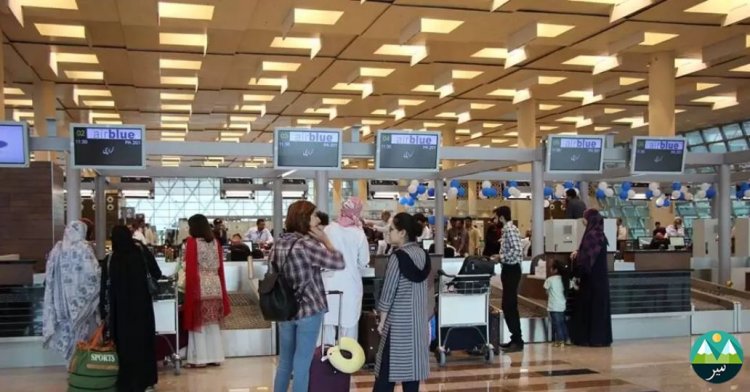WHO Proposes Ban on Unvaccinated Pakistani Travelers to Prevent Polio Spread

In a recent development, the World Health Organization (WHO) has put forward a crucial recommendation aimed at curbing the global transmission of poliovirus. The organization has suggested the implementation of a ban on Pakistani citizens departing the country unless they possess certification of polio vaccination. This strategic step is part of a broader initiative to contain the spread of the poliovirus.
The proposal comes at the 36th Meeting of the Polio International Health Regulations (IHR) Emergency Committee. During this meeting, the global situation concerning wild poliovirus (WPV1) and circulating vaccine-derived polioviruses (cVDPV) was meticulously reviewed. This assessment was carried out in the context of the worldwide objective to eradicate WPV and put an end to cVDPV2 outbreaks by the conclusion of 2023.
Also Read: How to Get Polio Vaccination Card for Abroad Travel
Of noteworthy concern is Pakistan's recent identification of WPV1 on July 23, 2023. This discovery places Pakistan, alongside countries such as Afghanistan, Malawi, Mozambique, Madagascar, Congo, and DR Congo, in a category with potential risks of international poliovirus transmission.
To address this situation, the WHO is urging nations where poliovirus has been detected to promptly declare the interruption of poliovirus transmission as a national public health emergency. Such a declaration should be made by the head of state or government. If such a declaration is already in effect, the emergency status must be upheld until it is determined that the response to eradicate the virus is no longer imperative.
Among the pivotal measures advised by the WHO, the restriction of international travel stands out prominently. Specifically, Pakistani residents lacking proper polio vaccination documentation are subject to this restriction when departing the country. This regulation applies across all modes of transportation, including road, air, and sea travel. The objective behind this restriction is to ensure that individuals who may carry the virus abroad are adequately vaccinated, thereby preventing the dissemination of poliovirus to other regions.
This WHO recommendation underscores the critical importance of global cooperation and proactive measures in the ongoing battle against polio. Countries are encouraged to take these guidelines seriously to collectively safeguard public health and contribute to the eventual eradication of this infectious disease.



















